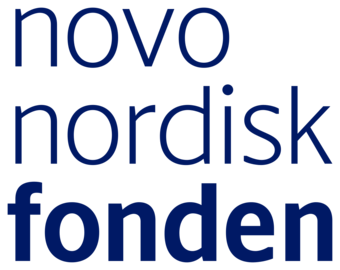Balázs Hangya

Dementias affect more than 30 million people worldwide, with an estimated yearly cost burden exceeding US$600 billion. Despite intensive basic and clinical research, a definitive solution is not in sight. To facilitate a better understanding of normal cognition as well as pathological processes, we are monitoring cholinergic and dopaminergic neurons, the progressive loss of which cell types has been implicated in Alzheimer’s disease and Parkinson’s disease demenetia.
Cholinergic neurons have been associated with learning and other cognitive functions; however, their activity during behavior has not been explored until recently. Understanding how the activity of basal forebrain cholinergic neurons support learning as well as how their impairment leads to learning deficits can help understanding their role in neurodegenerative dementias.
Cognitive functions are jointly controlled by different neuromodulatory systems, including cholinergic, dopaminergic, serotonergic and noradrenergic neurons. We are investigating these major neuromodulatory systems to better understand the division of labor that underlies cognitive functions like learning, attention and decision making.





